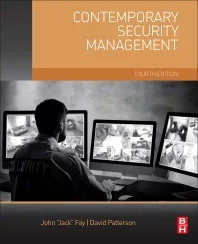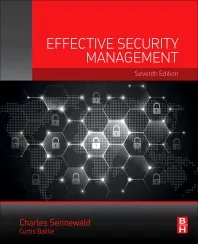Aventura Technologies and Senior Management Charged with Fraud, Money Laundering and Illegal Importation of Equipment Manufactured in China
A criminal complaint was unsealed in a Brooklyn federal court charging Aventura Technologies, a New York-based surveillance and security equipment company, and seven current and former employees, with selling Chinese-made equipment with known cybersecurity vulnerability to government and private customers, while claiming the equipment was made in the U.S. Aventura has generated more than $88 million in sales revenue since November 2010, and the charged scheme has been going on since 2006, according to a Nov. 7 press release from the U.S. Department of Justice.
In addition to Aventura, the individual defendants charged in the complaint are Jack Cabasso, Aventura’s managing director and de facto owner and operator; Frances Cabasso, Jack Cabasso’s wife and Aventura’s purported owner and chief executive officer; senior executives Jonathan Lasker, Christine Lavonne Lazarus and Eduard Matulik; current employee Wayne Marino; and recently retired employee Alan Schwartz.
Four of the individual defendants are also charged with defrauding the U.S. government by allegedly falsely claiming that Frances Cabasso was the owner and operator of the company in order to obtain access to government contracts reserved for women-owned businesses when Aventura was allegedly controlled by her husband, Jack Cabasso. The Cabassos are also charged with laundering the monetary proceeds of these fraudulent schemes.
Six of the defendants were arrested on Nov. 7. Law enforcement agents executed search warrants at Aventura’s headquarters in Commack, N.Y., and at the home of Jack and Frances Cabasso. The government has also seized the Cabassos’ 70-foot luxury yacht, and has frozen approximately $3 million in 12 financial accounts that contain proceeds from the defendants’ alleged unlawful conduct.
“As alleged, the defendants falsely claimed for years that their surveillance and security equipment was manufactured on Long Island, padding their pockets with money from lucrative contracts without regard for the risk to our country’s national security posed by secretly peddling made-in-China electronics with known cyber vulnerabilities,” said United States Attorney Donoghue. “With today’s arrests, the defendants’ brazen deceptions and fraud schemes have been exposed, and they will face serious consequences for slapping phony ‘Made in the U.S.A.’ labels on products that our armed forces and other sensitive government facilities depended upon.”
“Greed is at the heart of this scheme, a reprehensible motive when the subjects in this case allegedly put into question the security of men and women who don uniforms each day to protect our nation,” said FBI Assistant Director-in-Charge William Sweeney Jr. “There is no mistaking the cyber vulnerabilities created when this company sold electronic surveillance products made in the PRC, and then using those items in our government agencies and the branches of our armed forces. I cannot stress enough that we will do everything we can to search out and stop any other company willing to cut corners and pocket profits that endanger the lives of Americans, and make this country less safe.”
The Security Industry Association (SIA) responded to the allegations against Aventura in a statement on the evening of Nov. 7:
“The Security Industry Association finds today’s charges issued by the U.S. District Court, Eastern District of New York, against Aventura Technologies and members of its management team to be very serious, and if true, would represent business practices that SIA does not condone,” the statement read. “SIA strongly encourages its members to operate ethically and comply with all U.S. laws and regulations. SIA also continues to fully support federal government efforts to strengthen the integrity of our nation’s supply chain. The SIA board of directors has begun to review these charges and the status of Aventura’s membership in SIA.”
There has been an increased focus from the U.S. government on video surveillance and other security technologies manufactured in the U.S. recently, with the government banning multiple Chinese security providers from importing products into America.
Looking for a reprint of this article?
From high-res PDFs to custom plaques, order your copy today!







